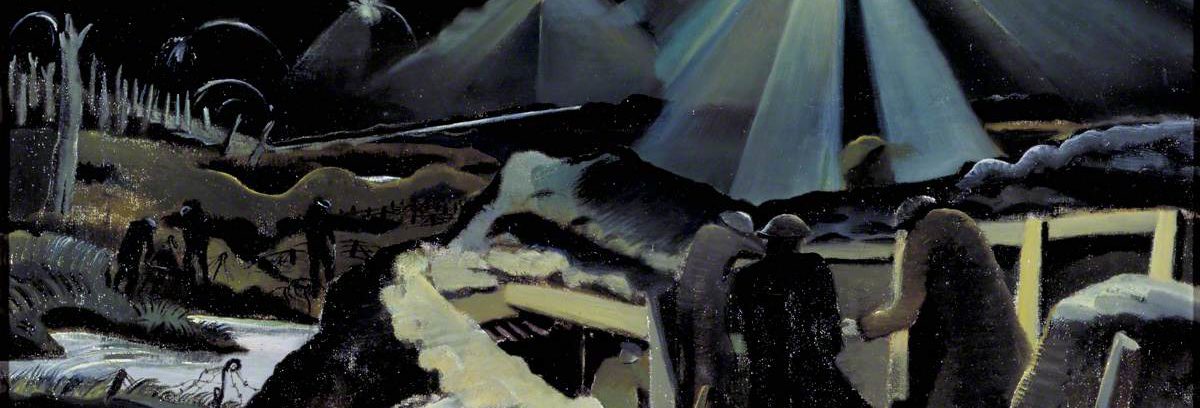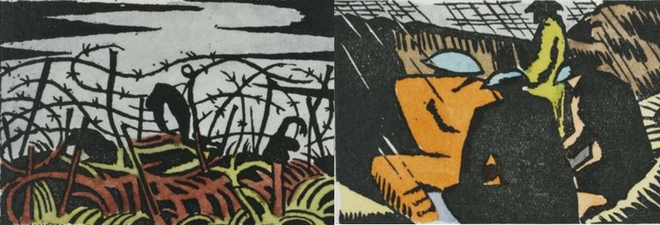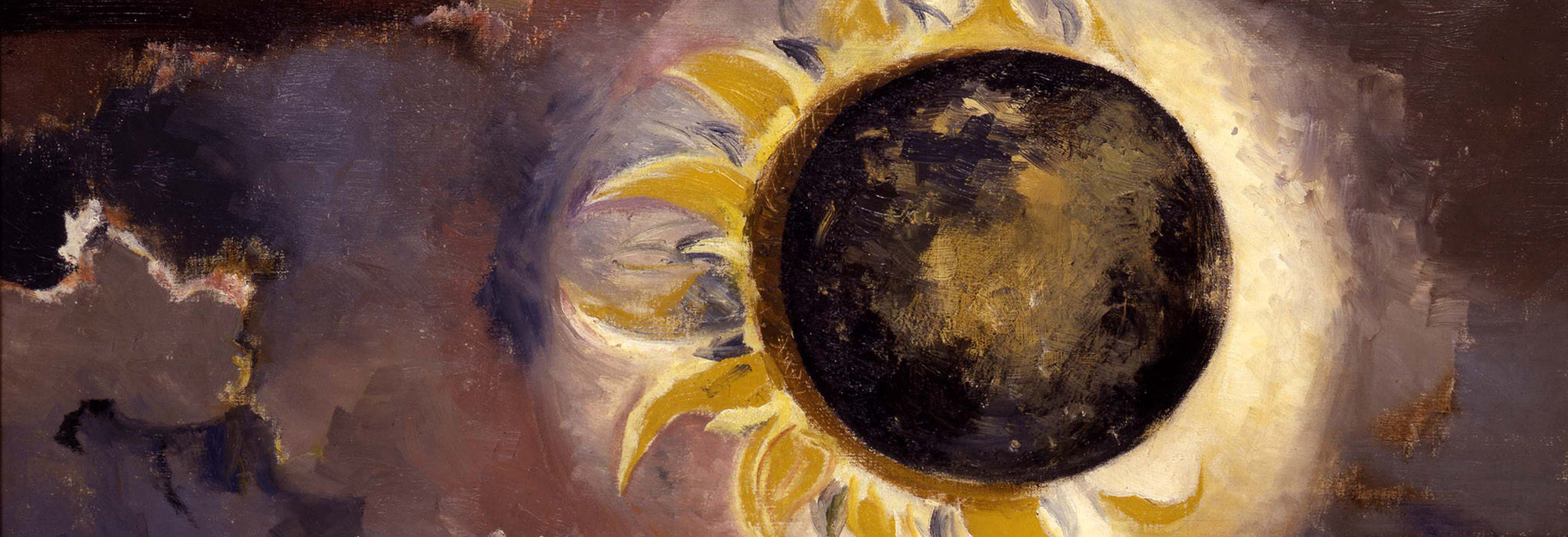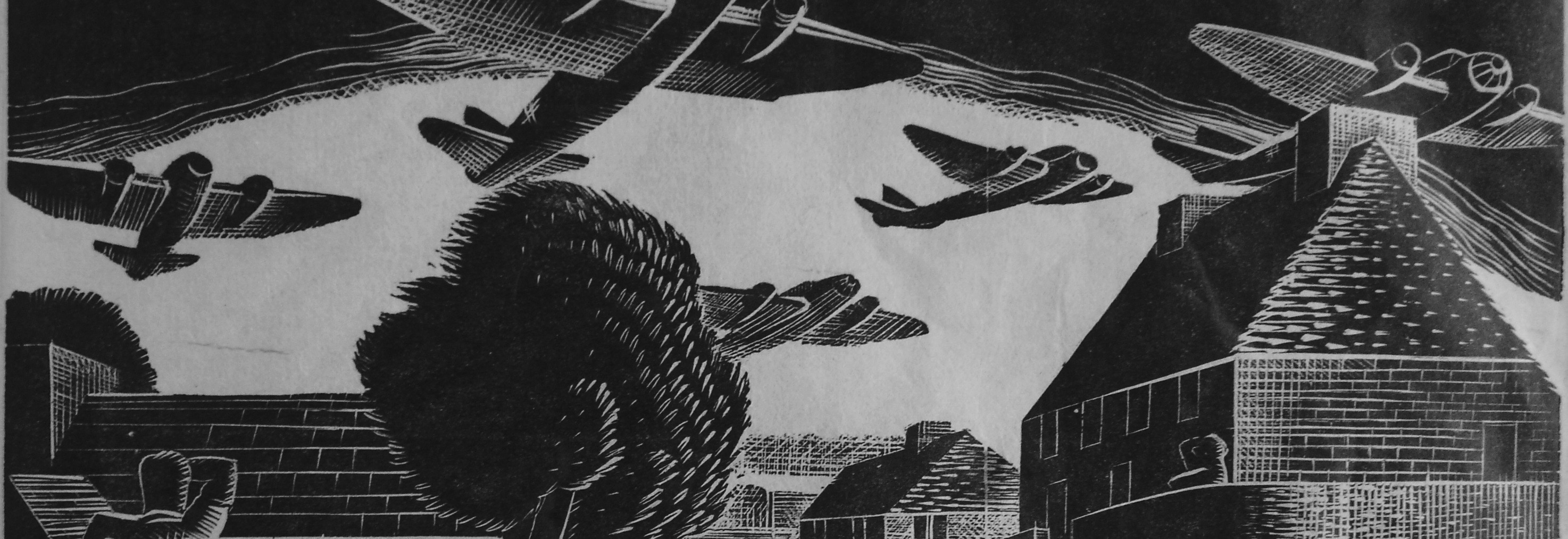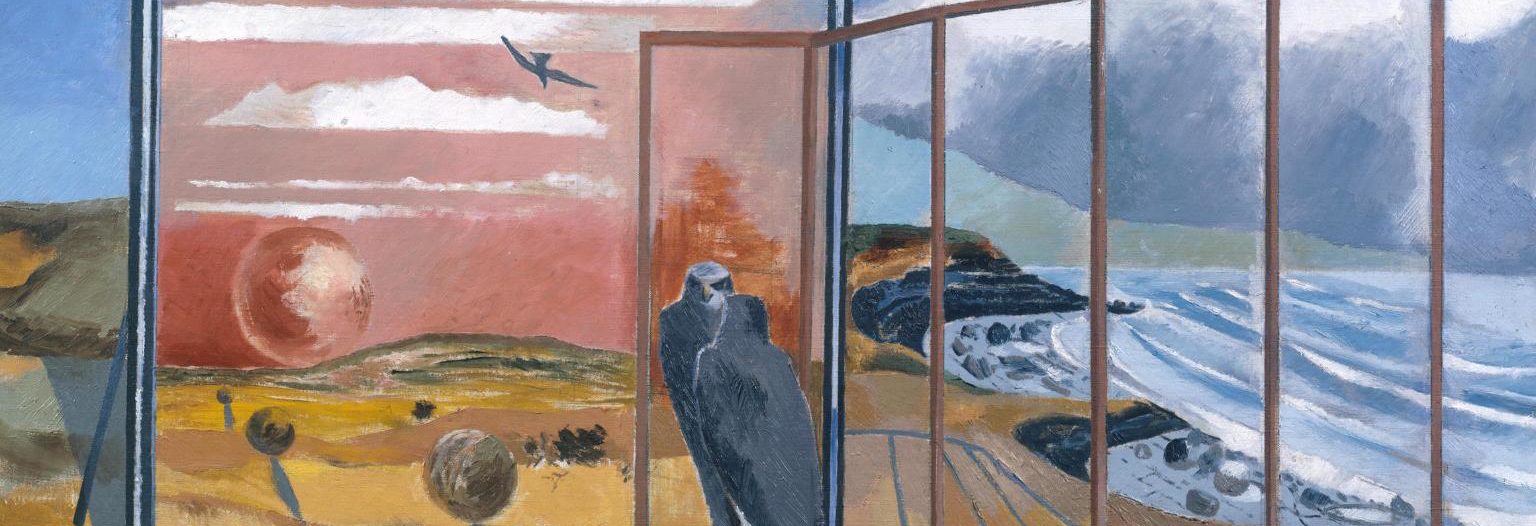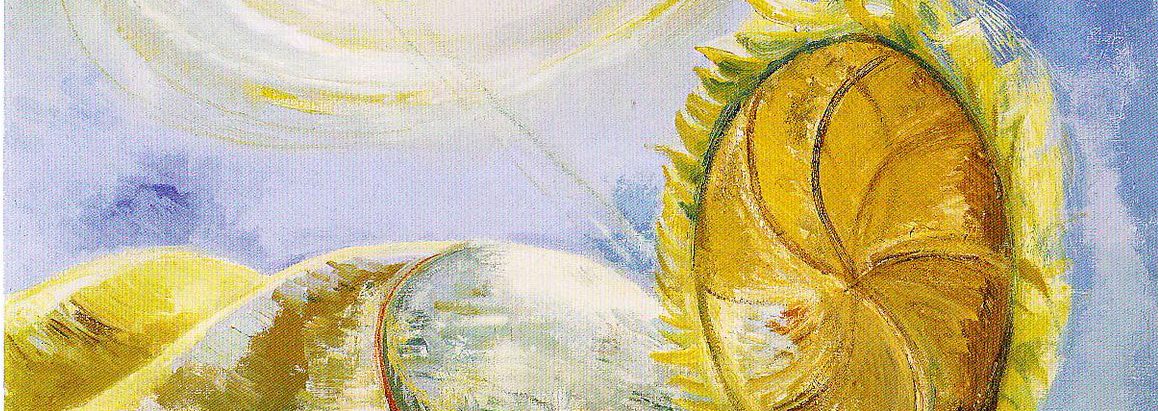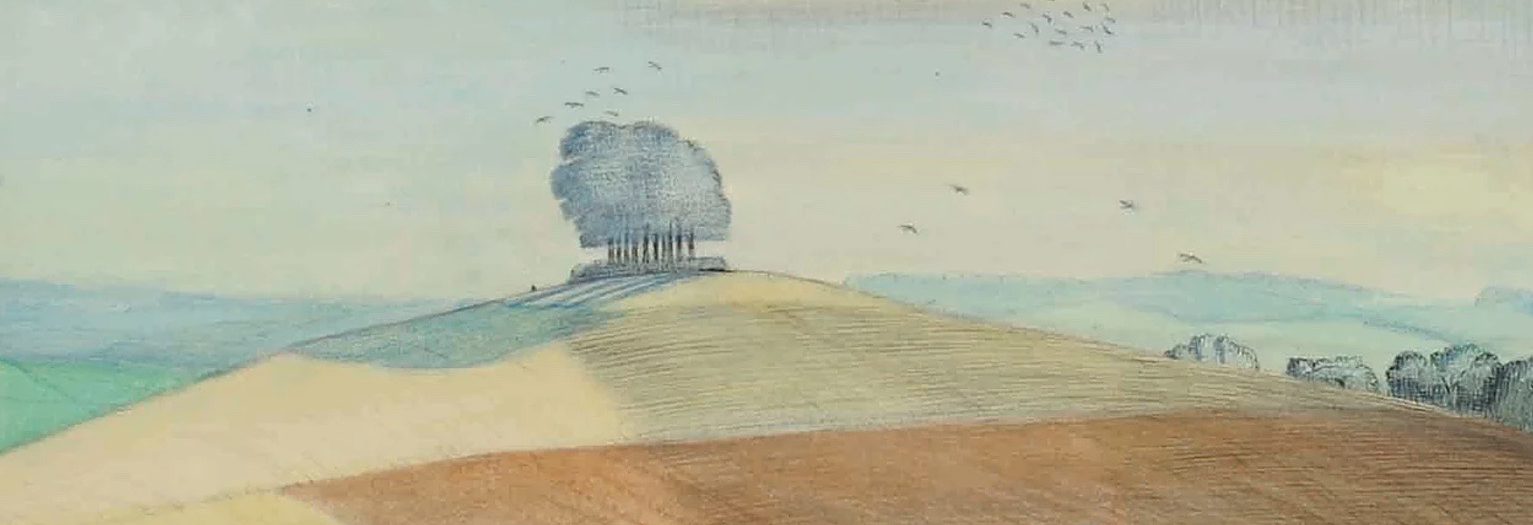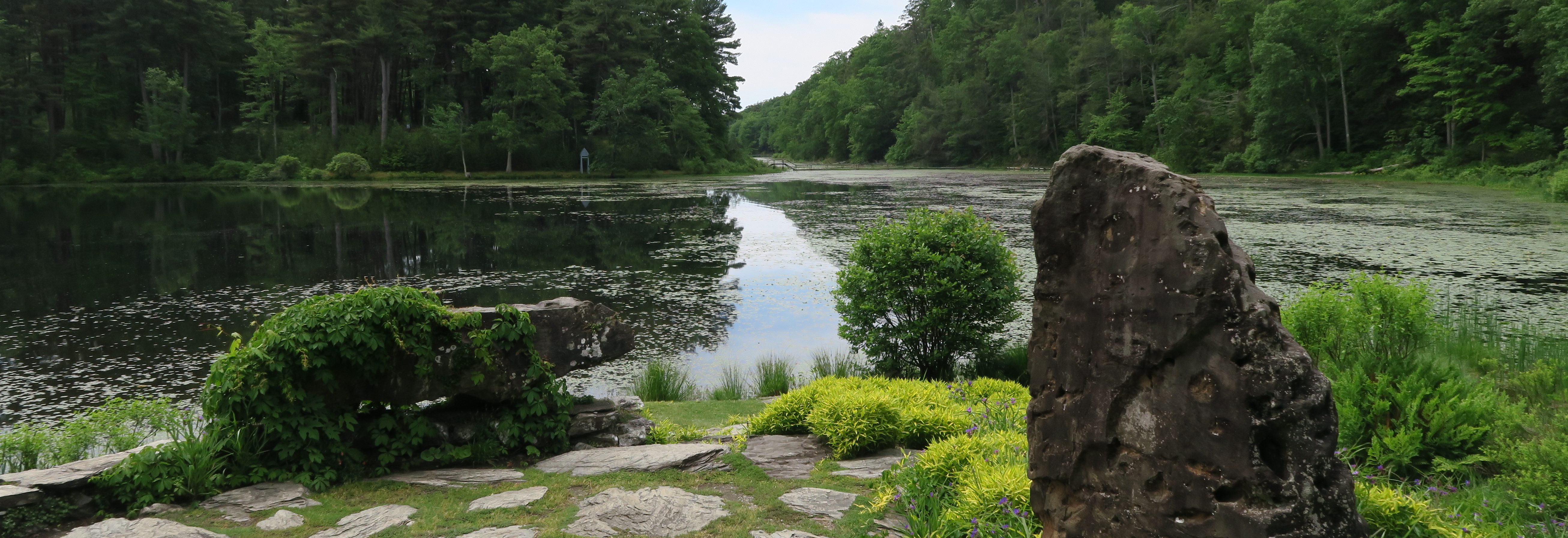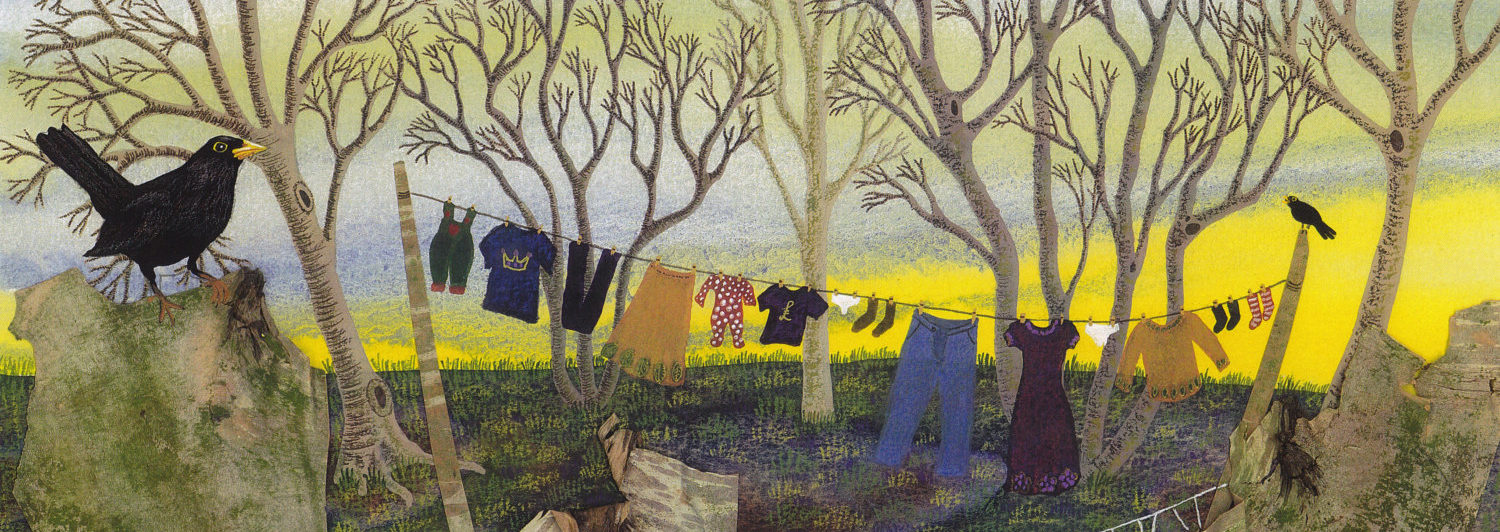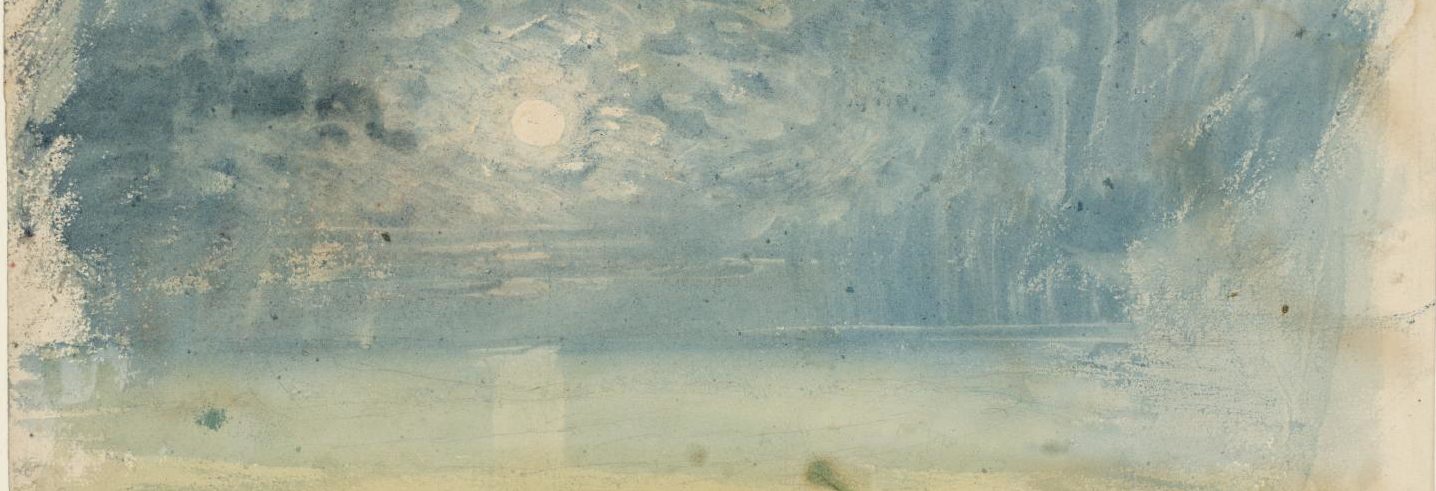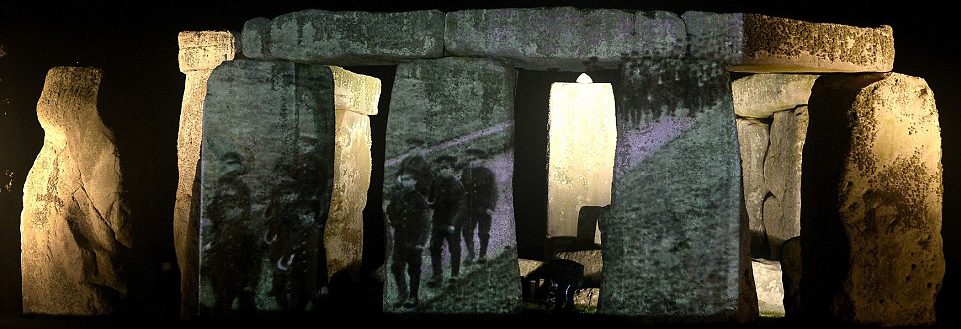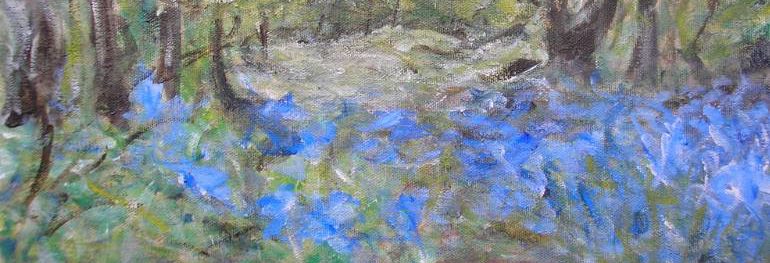The rolling English drunkard made the rolling English road. Before the advent of motorways in the UK (first section of the first – the M1 opened in 1959) it was true that almost any straight road you found in England was built by the Romans. The burst of road building during the industrial revolution meant generations of British schoolchildren introduced…
Tag: Paul Nash
It’s December
It’s December and the full onslaught of the cultural waterboarding of commercial Christmas is about to roll out. Before it takes its full toll, here are a few vintage seasonal illustrations. First – to the right – Edith Holden from 1906. She has a full complement of British winter birds – blackbird, robin, hedge-sparrows and a blue tit together with…
Richard Aldington and Paul Nash: Images of War
Some authors are blessed with illustrators who enhance their work with the distinction of their own. So it was in 1919 with Richard Aldington. When Images of War was first published it was with a cover design and eleven colored woodcut illustrations by Paul Nash. They are matched with poems and depict scenes from the western front – trenches, bombardment, ruins, barbed wire,…
Forgetfulness
Forgetfulness The name of the author is the first to go followed obediently by the title, the plot, the heartbreaking conclusion, the entire novel which suddenly becomes one you have never read, never even heard of, as if, one by one, the memories you used to harbor decided to retire to the southern hemisphere of the brain, to a little…
My gaze is clear as a sunflower
Paul Nash’s fascination with aerial bombardment led him to an ecstatic vision of “the sky blossoming with floating flowers”. This, and William Blake’s poem “Ah Sunflower”, inspired his late paintings, in which an airborne sunflower glides over imagined landscapes. Nash was seriously ill with asthma (he died of heart failure in 1946) and his growing sense of mortality is reflected…
Under the Radar: The Hedge Hoppers and the Hardest Day
After early mist the morning of Sunday August 18 1940 was bright with clear skies. It came to be known as the hardest day in the Battle of Britain. The detail from Diana Gardner’s wood engraving makes it seem like night but there is a figure on the bottom left looking up and shielding his eyes from the sun. It…
Tweet Tweet
Tweet Tweet There’s a blackbird in my mango tree and I think of Marley and singing songs of freedom I have followed birds from hills to home and back wondering where was Zion but now I am content on this verandah the blackbirds come to my mango tree and sing home is always where it’s meant to be I am…
A Catalpa Tree On West Twelfth Street
Here again – for the summer solstice – are those Wittenham Clumps. By the early 1940s Nash’s was in declining health. Suffering from chronic asthma – triggered his wife Margaret believed by inhaling gas at Passchendaele in 1917 – he had endured several spells in hospital. He and Margaret, began to make visits to nearby Boars Hill where their friend Hilda Harrison lived…
To look at any thing
“My boy you should go in for nature.” Sir William Richmond’s advice to Paul Nash on reviewing some of his early drawings. One of Paul Nash’s friends at the Slade School of Art was Claughton Pellew-Harvey who “had a deep love for the country, particularly for certain of its features, such as ricks and stooks of corn.” At first I…
The Lake Isle of Innisfree
Did you have a special place as a child? Perhaps somewhere secret and magical? A corner of a city park, a place in the garden, somewhere under the trees or behind the shed? Do you have one now? For the artist Paul Nash his first special place was Kensington Gardens, in west London, near where he was born in 1889.…
Blackbird
Blackbirds are notorious for being able to mimic the sounds they hear as they hop about the celestial chimney pots of suburbia. Ice cream van jingles, phone ring tones, car alarms and ambulance sirens – they can do the lot. John Drinkwater – born in Leytonstone, London – writes about the song of the blackbird in Loyalties – the anthology…
Moonlight
Moonlight What time the meanest brick and stone Take on a beauty not their own, And past the flaw of builded wood Shines the intention whole and good, And all the little homes of man Rise to a dimmer, nobler span; When colour’s absence gives escape To the deeper spirit of the shape,– Then earth’s great architecture swells Among her…
A Wartime Education
Britain declared war on Germany just after U.A. Fanthorpe’s birthday in 1939. She was ten. Living in Kent she was familiar with the signs and sounds, fears and deprivations of wartime England. She knows the enemy – whom she calls by the popular put-down, the Hun – by “the nightly whines, searchlights, thuds, bomb-sites”. Her French teacher is distressed and distracted…
Song of the Dark Ages
Song of the Dark Ages We digged our trenches on the down Beside old barrows, and the wet White chalk we shovelled from below; It lay like drifts of thawing snow On parados and parapet: Until a pick neither struck flint Nor split the yielding chalky soil, But only calcined human bone: Poor relic of that Age…
In Memoriam (Easter, 1915)
In Memoriam (Easter, 1915) The flowers left thick at nightfall in the wood This Eastertide call into mind the men, Now far from home, who, with their sweethearts, should Have gathered them and will do never again. by Edward Thomas Three British soldiers waiting in a trench. One stands leaning against the wall of the trench, another sits…

